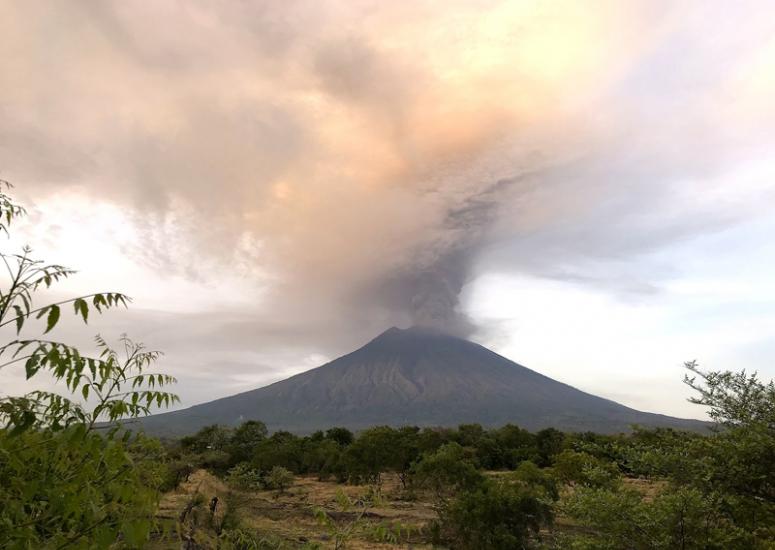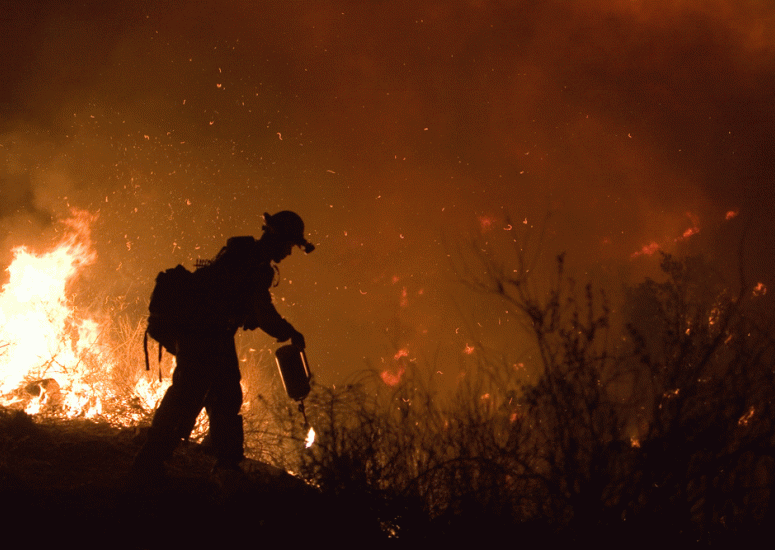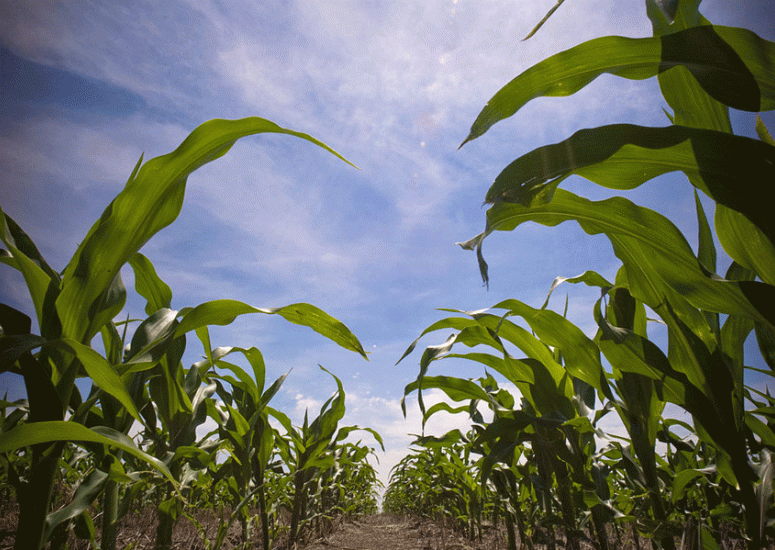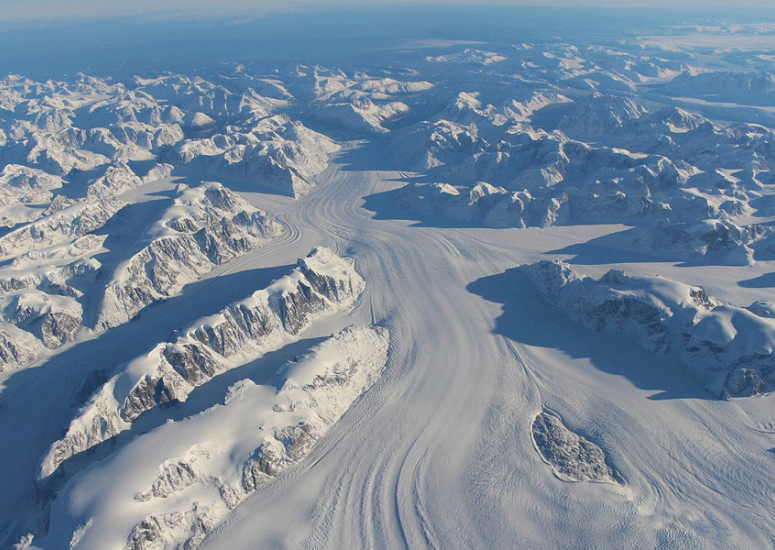-

Early humans escaped worst impacts of massive volcanic eruption
A massive volcanic eruption in Indonesia about 74,000 years ago affected the climate but likely had limited impacts on early human populations in Africa, according to new research co-authored by NCAR scientists.
- Climate
-

Wildfire experts available to explain fire behavior, potential impacts
Wildfire experts are available to discuss a range of topics, from wildfire prediction to the role of climate change and the impacts of emissions.
- Air Quality,
- Climate,
- Weather
-

Solar geoengineering can help safeguard crop yields from climate change
Researchers use an NCAR-based model to study impacts on crops.
- Climate
-

Scientists develop new method to estimate exposure to indoor heat
An interdisciplinary team of scientists has developed an innovative method to estimate the health risks of older adults who spend time in hot indoor settings.
- Climate
-

Paris Agreement targets could greatly reduce loss of ice sheets, glaciers
A major international study predicts that sea level rise from the melting of land ice could be halved this century if society were to limit warming to 1.5°Celsius.
- Climate,
- Supercomputing

